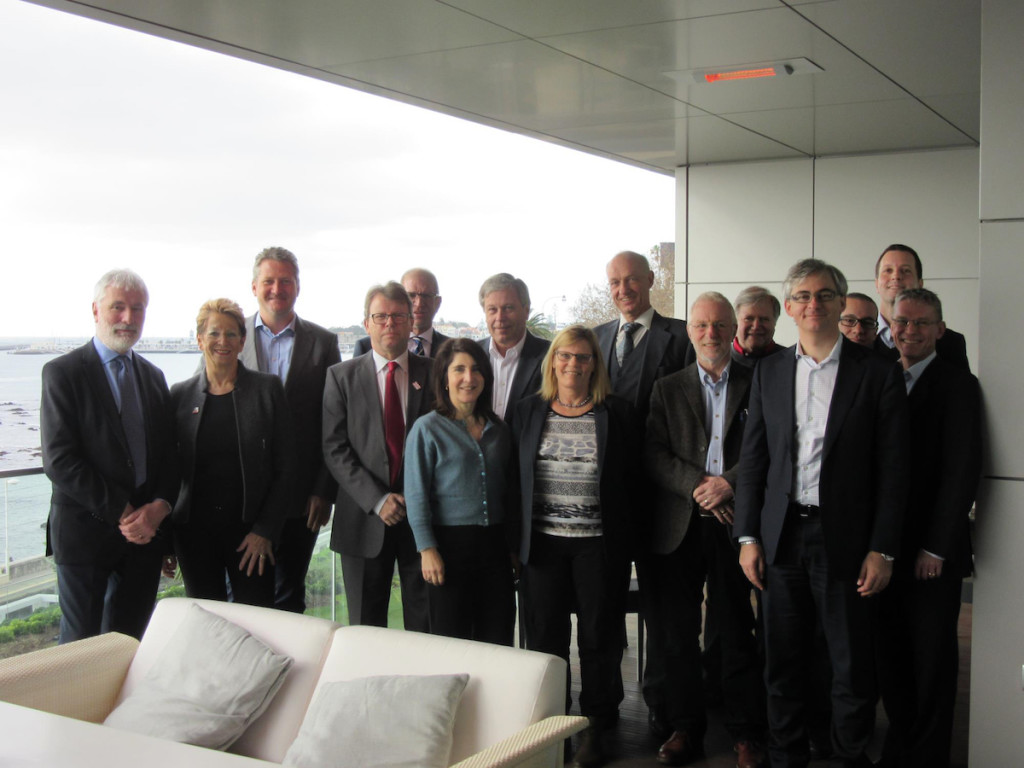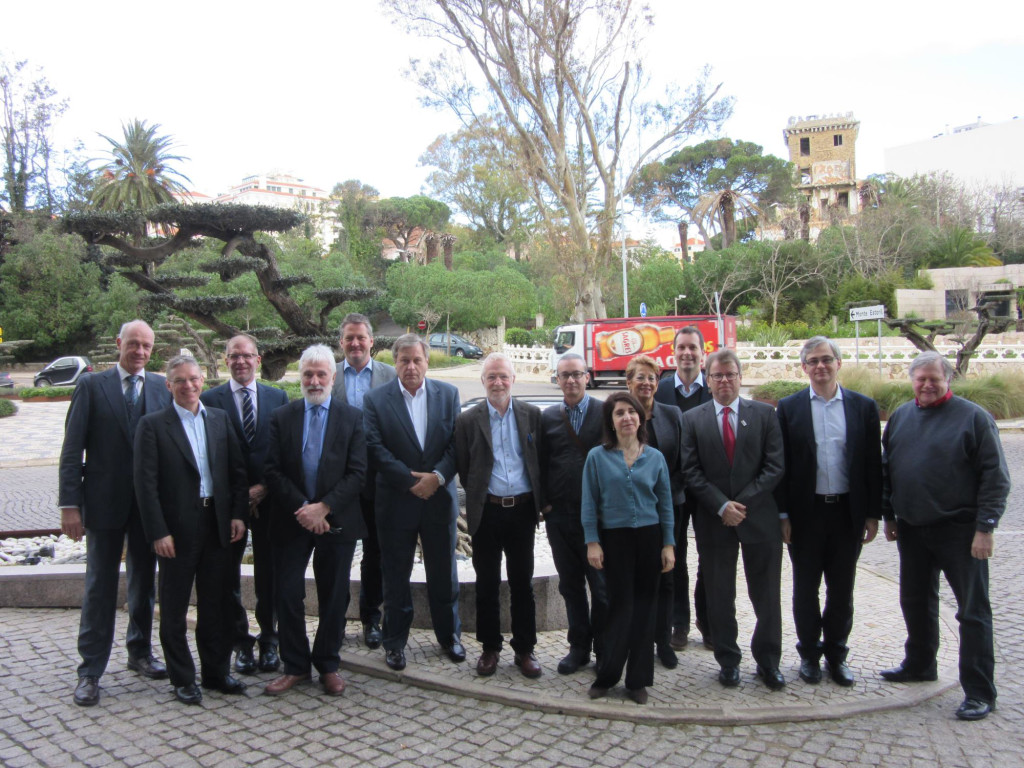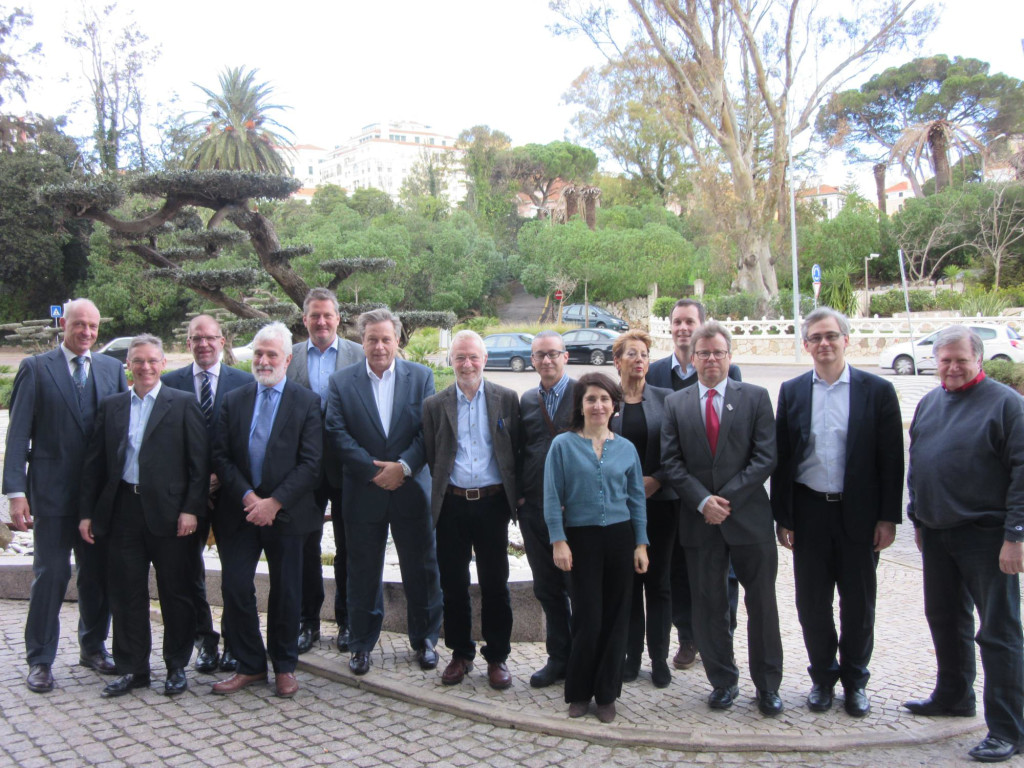Blood and Plasma Regulations – Towards a revision of the EU Blood Directive:
What is needed in a new Directive / Should Plasma be included in the Blood directive ?
KEY STRATEGIC AREAS
PLUS Consensus Conference 2016 Intercontinental Hotel, Estoril Portugal
14-15 January 2016
Key strategic areas/topics
• Increasing plasma collection in the European Union to ensure the availability of PDMPs
– Maximize use of recovered plasma – Increased use of plasmapheresis
• Need to focus on availability of treatments for patients
Key strategic areas/topics
- New scope? Quality, safety and supply
- Need for better clarification between blood collection/labile blood products and plasma collection/PDMPs
- Need for clear and precise definitions:
- – Blood
- – Bloodcomponents
- – Plasma
- – Plasmafortransfusion
- – Plasma for further manufacturing
- – Voluntary, voluntary unpaid, self-sufficiency, sufficiency, compensation, remuneration
Key strategic areas/topics
- Perspectives of patients, healthcare professionals, donors should be pro-actively considered in drafting the directive
- Involvement of all key stakeholders in drafting the directive
- Implications of directive for movement of plasma internationally (for internal consideration)
Key strategic areas/topics
- Patient and donor health & safety
- Need to update technical directives
EU Blood Directive and Plasma
IFBDO view-point
IFBDO/FIODS
- The EU Directives covers patient and donor safety related to components and products from human blood– Including plasma whether it is recovered or source
- When the source material is human blood, thereis always a donor behind
– No donors means no plasma - We remain dependant on donors to secure blood components and products to treat and improve the life of patients, and there must be an obligation not to harm the donors
IFBDO/FIODS
• The Donors main interest is to help the patients
– In a society with general awareness and information of the need for donors, together with a good recruitment program, donors will inlist
• IFBDO has member countries in all parts of the world, and work to recruit donors
• For IFBDO it is also important to safeguard the donors
IFBDO/FIODS
• Donors are interested in staying healthy but relies on the blood centre staff to protect them from harm
– Needle injury
– Fainting
– Low protein levels
– Low Immunoglobulin levels
– Waste of the donated product – exploitation
Conclusion
- IFBDO/FIODS supports that the EU Directive continue to cover all blood components and products
- An update could take advantage of recent research and increase the part on donor health and safety



